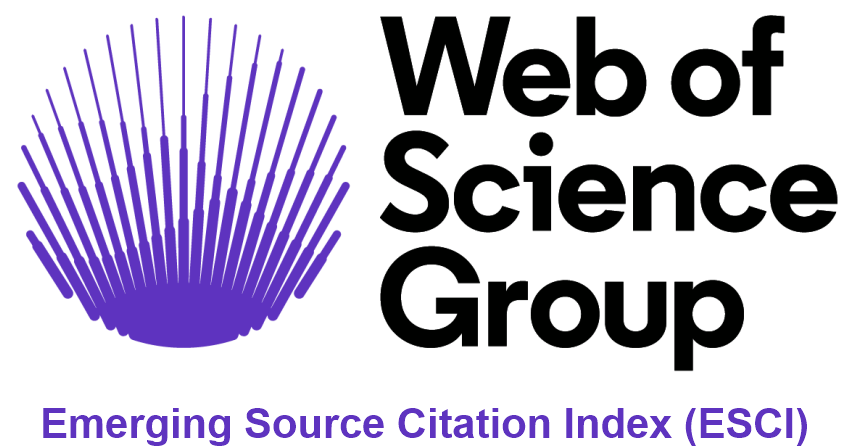Building local dietary resilience: experiences of short food supply chains in central and southeastern Mexico
DOI:
https://doi.org/10.22231/asyd.v18i3.1498Keywords:
foods; seed fairs; exchange; markets; productionAbstract
Facing the contexts of poverty and difficulty in access to foods, local production, distribution and exchange supply chains of foods and seeds that promote own consumption and proximity exchanges have emerged in the last two decades, which are promoted by social actors interested in community, peasant life, and the local consumption of foods. Through a combination of documental analysis and qualitative techniques, these supply chains from the states that integrate the Yucatan Peninsula and two central states (Puebla and Tlaxcala) were studied between 2016 and 2018, with the aim of characterizing their similarities and differences and to analyze social dynamics that give rise to processes of resilience in the sociocultural, environmental, economic, dietary and organizational spheres. Lacking a public policy that promotes local production and consumption, short food supply chains not only strengthen the local production and consumption of foods but rather acquire a political sense by promoting collective actions in defense of the biological and cultural heritage, setting a precedent at the national scale and showing action paths for other collectives in Latin America.
References
Alcantar Granados, Aurelio, J. 2005. Las nuevas zonas de atracción de migrantes indígenas en México. Investigaciones Geográficas, 58, 140–147.
Altieri, M. 2013. Construyendo resiliencia socio-ecológica en agroecosistemas: algunas consideraciones conceptuales y metodológicas. Agroecología y Resiliencia Socioecológica: Adaptándose al Cambio Climático, 94–104.
Banco Mundial. 2018. Índice de Gini. Retrieved from https://datos.bancomundial.org/indicador/SI.POV.GINI?locations=MX
Bartra, A. 2011. Tiempo de Mitos y Carnaval. Indios campesinos y revoluciones, de Felipe Carrillo Puerto a Evo Morales (Primera Ed; Itaca, Ed.). México, D.F.
Downloads
Published
How to Cite
Issue
Section
License
Authors who publish in this journal accept the following conditions:
- The authors retain the copyright and transfer to the magazine the right of the first publication, with the work registered with the Creative Commons attribution license, which allows third parties to use what is published as long as they mention the authorship of the work and the first publication in this magazine.
- Authors may make other independent and additional contractual arrangements for non-exclusive distribution of the version of the article published in this journal (e.g., including it in an institutional repository or publishing it in a book) as long as they clearly indicate that the work It was first published in this magazine.
- Authors are permitted and encouraged to publish their work on the Internet (for example on institutional or personal pages) before and during the review and publication process, as it can lead to productive exchanges and greater and faster dissemination of the work. published (see The Effect of Open Access).













